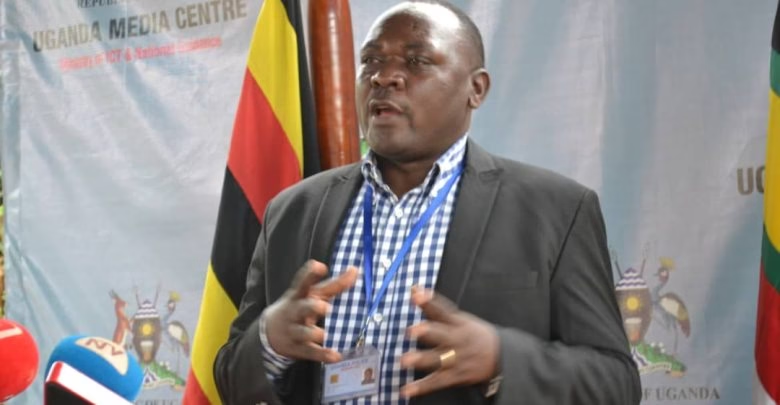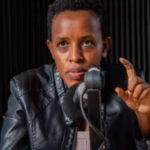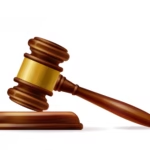The recent arrest and remand of Charles Twine, former spokesperson for the Criminal Investigations Directorate (CID), has sparked a heated debate about the limits of free speech in Uganda. Twine is accused of hate speech and incitement of violence against Gen. Muhoozi Kainerugaba, the Chief of Defence Forces, and other senior government officials. This case raises important questions about the balance between freedom of expression and the need to protect individuals and institutions from harm.
The allegations against Twine are serious. He is accused of using derogatory language against Gen. Kainerugaba and other officials, which could be seen as an attempt to ridicule, degrade, and demean them. The prosecution claims that Twine’s comments were calculated to incite violence and hatred against these individuals. If true, these actions would be a clear abuse of free speech and would have serious consequences for social cohesion and national security.
However, Twine’s case also highlights the challenges of navigating the fine line between free speech and hate speech. In a democratic society, individuals have the right to express their opinions and criticize those in power. However, this right is not absolute, and there are limits to what can be said without causing harm to others. The key question is whether Twine’s comments crossed this line and constituted hate speech or incitement to violence.
The outcome of this case will have significant implications for Uganda’s media and civil society. If Twine is found guilty, it could set a precedent for stricter regulation of speech and potentially limit the ability of individuals to criticize those in power. On the other hand, if he is acquitted, it could be seen as a victory for free speech and the right to criticize those in authority.
The Charles Twine case highlights the complexities of balancing free speech with the need to protect individuals and institutions from harm. As the case unfolds, it is essential to consider the implications for Uganda’s democratic development and the role of free speech in holding those in power accountable. The outcome will be closely watched, not just by Ugandans but also by human rights groups and media organizations around the world.



